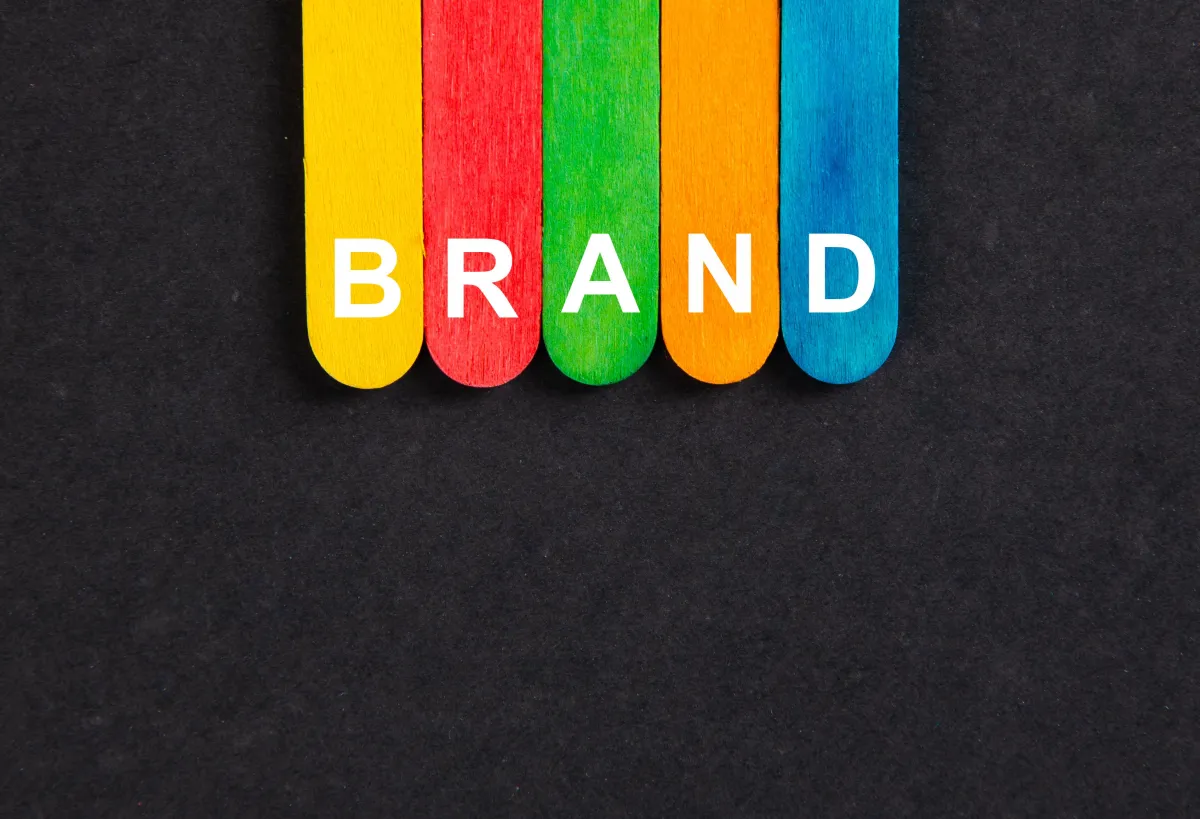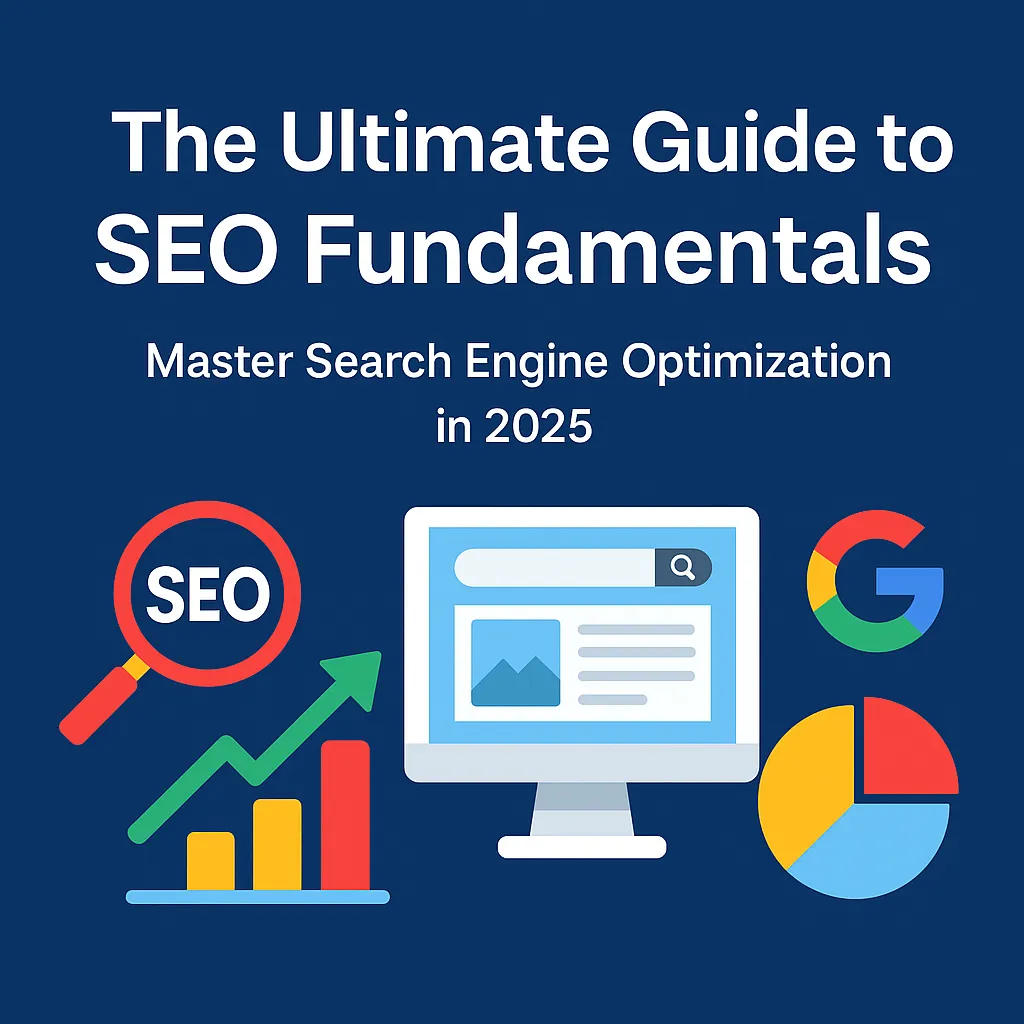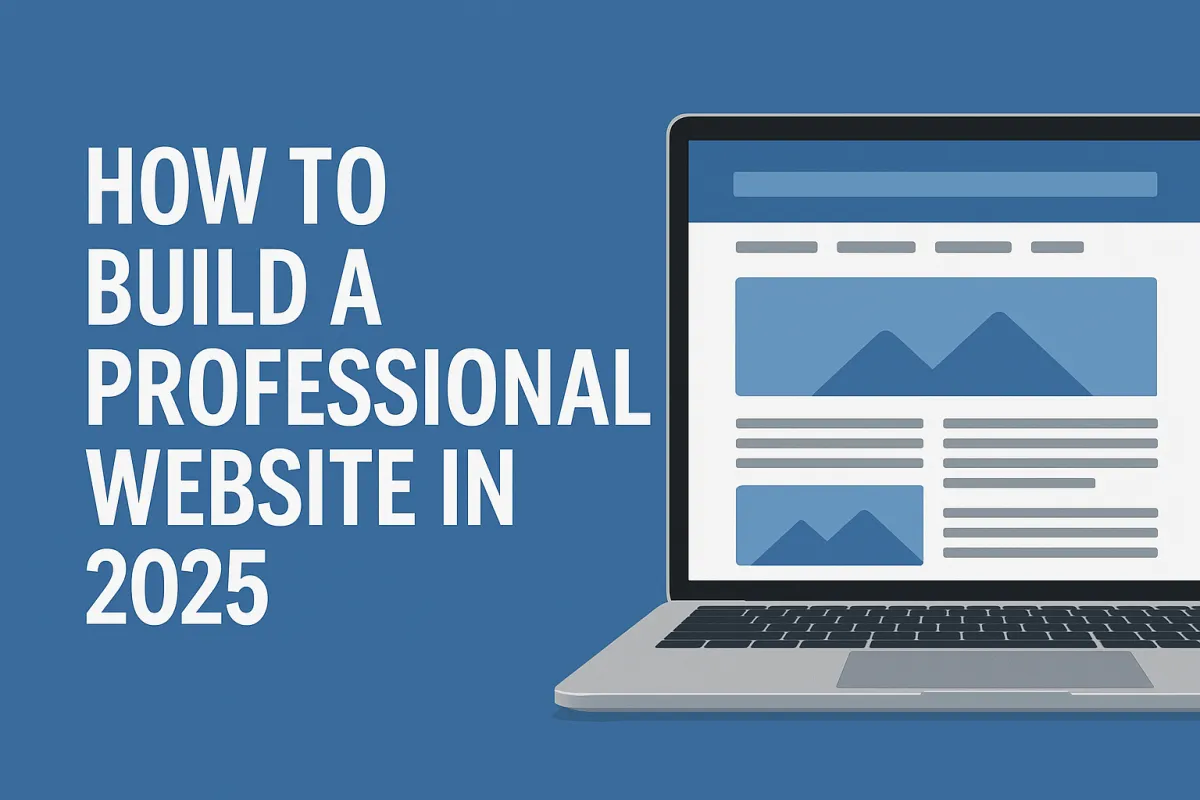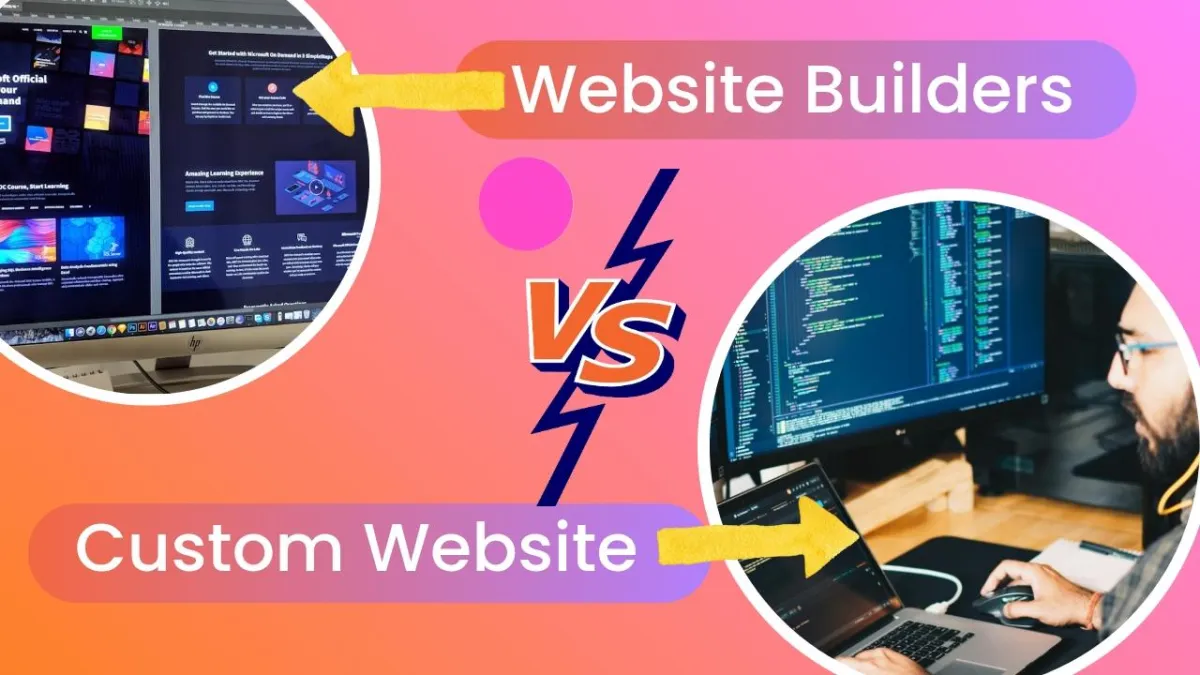
WHY BRANDING IS THE SECRET WEAPON FOR SMALL BUSINESS GROWTH
In a world where attention is scarce and competition is fierce, branding isn’t just a marketing tactic it’s your business’s identity, reputation, and growth engine. For small businesses, branding is the difference between being overlooked and being unforgettable.
Jennifer’s Story: From Brand Chaos to Clarity
Jennifer, a passionate therapist and small business owner, ran a wellness studio that radiated warmth and professionalism in person. But online? Her brand was a mess. Her website looked outdated, her logo was inconsistent across platforms, and her messaging lacked focus.
Customers were confused. Some even asked if her online presence was a different business.
After a strategic branding overhaul aligning her visuals, messaging, and customer experience, Jennifer saw:
40% increase in foot traffic
2x growth in online bookings
More referrals and repeat clients
Her transformation proves that branding isn’t fluff, it’s fuel for growth.
Why Branding Matters More Than Ever
71% of consumers say brand trust is more important now than ever.
Consistent branding across platforms increases revenue by up to 23%.
Color improves brand recognition by up to 80%.
In short: branding builds trust, drives recognition, and boosts sales.
What Is Branding, Really?

Branding is not just a logo, a color palette, or a catchy tagline. It’s the soul of your business the story you tell, the promise you make, and the feeling you leave behind.
At its core, branding is how people perceive your business. It’s the emotional and psychological relationship you build with your audience. It’s what makes someone choose you over a competitor, remember you after a single interaction, and recommend you to others.
Branding is:
Identity: The visual and verbal elements that make your business recognizable.
Consistency: Showing up the same way across every platform and experience.
Emotion: The feelings you evoke in your customers trust, excitement, comfort, confidence.
Differentiation: What makes you unique in a crowded market.
Experience: Every touchpoint from your website to your packaging to your customer service.
Think of branding as your business’s personality and every interaction is a chance to express it. It is your most powerful tool to build trust, attract loyal customers, and grow with purpose.
1. Define Your Brand Foundation
Your brand foundation is your business’s DNA. It’s what drives every decision, every message, and every customer interaction.
Mission: Why do you exist beyond making money?
Example: “To help busy families eat healthier without stress.”
Values: What principles guide your business?
Example: Sustainability, honesty, empathy.
Audience: Who are you serving?
Define their age, lifestyle, pain points, and dreams.
UVP (Unique Value Proposition): What makes you different?
Example: “We deliver organic meals in under 15 minutes.”
Use HubSpot’s brand worksheet or Notion templates to map this out. This is your compass.
2. Create a Cohesive Visual Identity

Your visual identity is your brand’s face. It’s what people see, remember, and associate with your values.
Colors: Choose 2–3 brand colors that evoke emotion.
Blue = trust, Red = energy, Green = growth.
Fonts: Pick 1–2 fonts that reflect your personality.
Serif = classic, Sans-serif = modern.
Logo: Design a logo that works in color and black & white, and scales across platforms.
Imagery: Use consistent photo styles and layouts.
Warm tones, minimalist design, or bold contrast, choose your vibe.
Canva, Looka, and Adobe Express are perfect for DIY branding kits.
3. Craft Your Brand Voice
Your brand voice is how you sound. It’s the personality behind your words and it builds emotional connection.
Tone: Decide if you’re friendly, expert, bold, playful, or poetic.
Example: A therapist might be calm and empathetic; a gym coach might be energetic and direct.
Taglines & Positioning: Write short, punchy lines that express your promise.
Example: “Clean beauty for real life.”
Consistency: Use the same tone across your website, social media, emails, and packaging.
Use ChatGPT or Jasper to generate messaging ideas and test tone.
4. Build a Brand Style Guide
Your style guide is your brand’s rulebook. It keeps your visuals and voice consistent even when others create content for you.
Logo usage rules
Color codes and font names
Voice and tone guidelines
Social media templates
Store your guide in Google Docs or Notion for easy team access.
5. Audit and Align Your Touchpoints

Your brand should feel the same everywhere. From your website to your packaging, consistency builds trust.
Website
Social media profiles
Email templates
Business cards and brochures
Packaging and signage
Ask: “Do these feel like the same brand?” If not, update them to match your style guide.
6. Train Your Team
Your brand is only as strong as the people who represent it. Make sure your team lives and breathes your brand.
Share your style guide with staff and freelancers.
Use templates for emails, social posts, and presentations.
Encourage feedback and regular check-ins.
Branding is not a one-time task. It’s a living system. When done right, it becomes your most powerful growth engine. These six steps will help you build a brand that’s not just seen but remembered, trusted, and loved.
7. Brand Consistency Checklist
Bonus Section: Branding Mistakes to Avoid
❌ Inconsistent logos or colors across platforms
❌ Messaging that changes tone from email to Instagram
❌ Ignoring customer feedback on brand perception
❌ Copying competitors instead of standing out
Conclusion
Branding isn’t a luxury it’s your competitive edge. For small businesses, it’s how you build trust, attract loyal customers, and grow sustainably. Jennifer’s story proves that even modest changes can lead to major wins.
Ready to build a brand that grows your business?
Book a free branding consultation with our team and get personalized tips to align your visuals, messaging, and customer experience.






